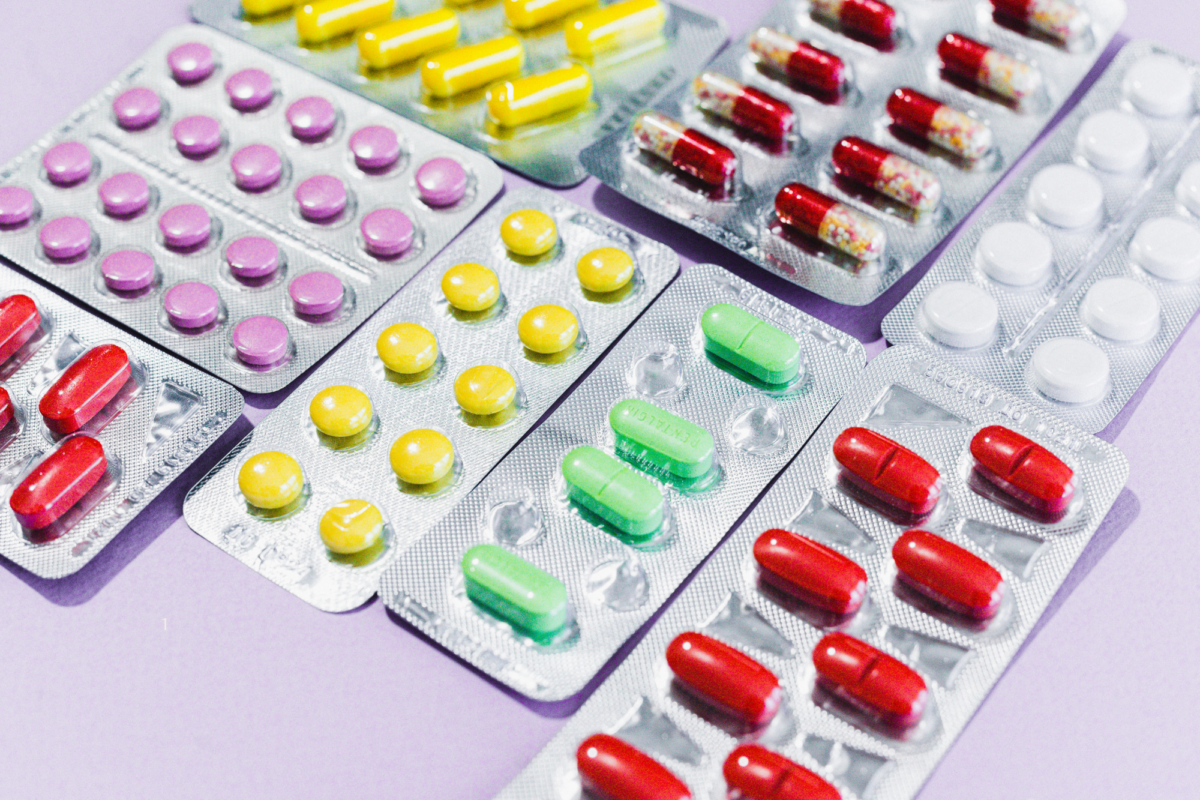Ensure Safe and Effective Medication Use.

1. Follow Prescribed Dosages and Instructions
Always take your medications exactly as prescribed by your healthcare provider. This includes following the recommended dosage, frequency, and duration of treatment. Never adjust your dosage or stop taking your medication without consulting your healthcare provider first.
2. Use a Pill Organizer
Consider using a pill organizer to help you keep track of your medications and ensure you take them at the right time. Organizers with compartments for each day of the week can help prevent missed doses and confusion, especially if you take multiple medications.
3. Take Medications with Food or Water, as Directed
Some medications need to be taken with food or a full glass of water to prevent stomach upset or enhance absorption. Read the instructions on your medication label or ask your pharmacist for guidance on the best way to take your medications.
4. Be Aware of Potential Interactions
Certain medications can interact with each other, as well as with foods, supplements, and other substances. Always inform your healthcare provider and pharmacist about all the medications you’re taking, including prescription drugs, over-the-counter medications, vitamins, and herbal supplements. This will help prevent potentially harmful interactions.
5. Know the Side Effects
Familiarize yourself with the potential side effects of your medications, and be vigilant for any unusual symptoms. If you experience any adverse reactions, such as allergic reactions, severe dizziness, or difficulty breathing, seek medical attention immediately.
6. Keep Medications Stored Safely
Store your medications in a cool, dry place away from moisture, heat, and direct sunlight. Be sure to keep medications out of reach of children and pets, and store them in their original containers with labels intact.
7. Dispose of Medications Properly
Dispose of expired or unused medications properly to prevent accidental ingestion or environmental contamination. Many pharmacies and local government agencies offer medication take-back programs or provide guidelines for safe disposal.
8. Don’t Share Medications
Avoid sharing your prescription medications with others, even if they have similar symptoms. Medications are prescribed based on individual health conditions and medical histories, and what works for one person may not be safe or effective for another.
9. Stay Informed and Ask Questions
Be proactive in your healthcare by staying informed about your medications and asking questions when in doubt. Your pharmacist is a valuable resource for information and can provide personalized guidance on medication use, side effects, and potential interactions.
10. Schedule Regular Medication Reviews
Periodically review your medication list with your healthcare provider or pharmacist to ensure it remains up to date and appropriate for your current health status. This is especially important if you have multiple healthcare providers or if your health conditions change over time.
Conclusion
By following these medication tips and staying actively engaged in your healthcare, you can maximize the benefits of your medications while minimizing the risks. Remember, your pharmacist is here to support you every step of the way.
